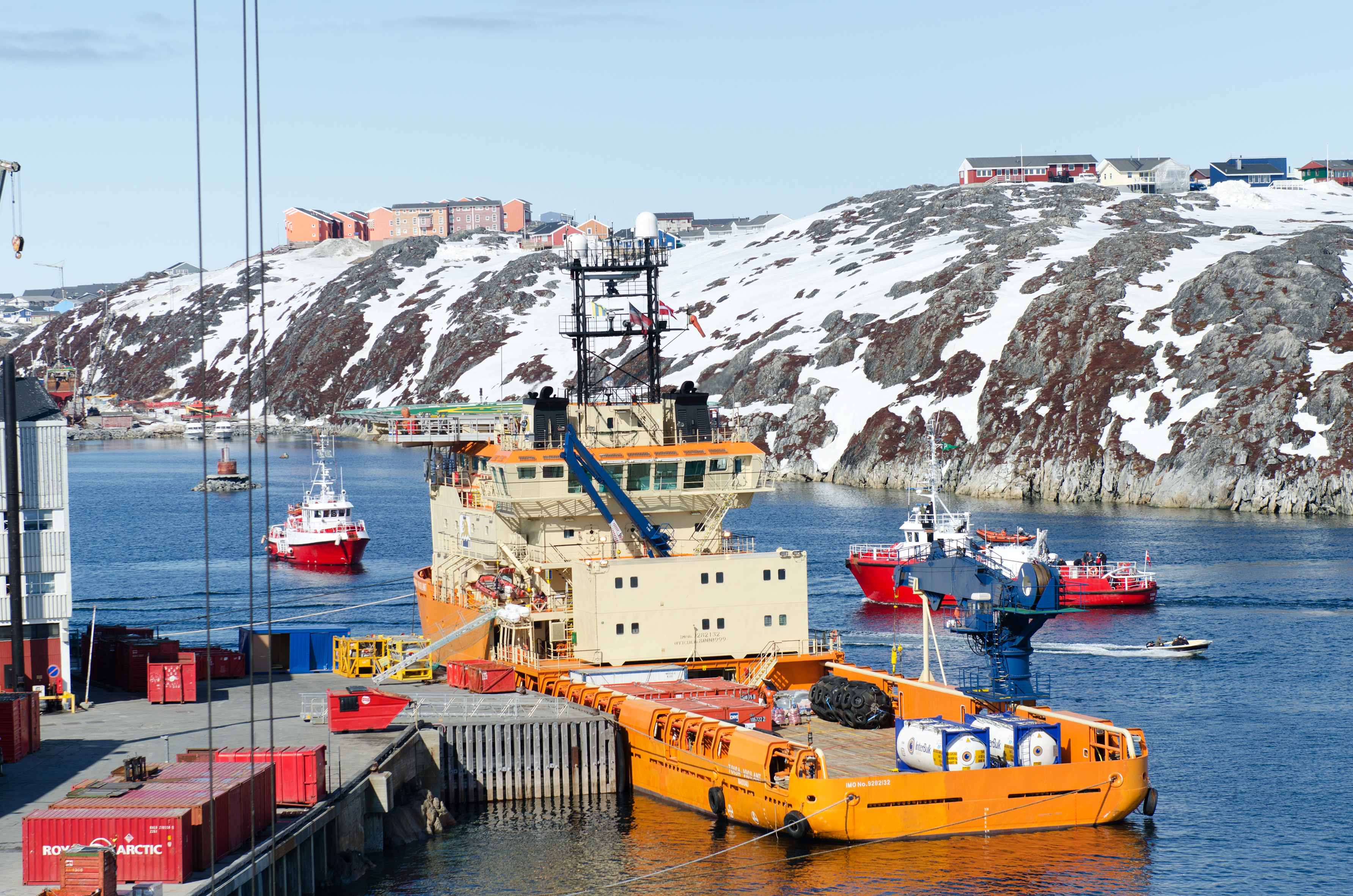Greenland turns to ‘higher intensity’ marketing to re-energize oil exploration
Latest five-year strategy paints picture of country on cusp of breakthrough.

Greenland has all the makings of a profitable oil province, but it cannot expect the industry to come knocking on its door. That’s the conclusion of the latest five-year strategy from the country’s Self-Rule authority for developing an industry it believes can form a foundation for its economic independence from Denmark.
“Our licensing policy will focus on the importance of re-establishing Greenland as a destination for oil firms,” the strategy, released earlier this year, states.
Oil exploration began in Greenland in the 1970s and reached its peak in 2014, when 20 exploratory wells were drilled. A decline in global prices starting that year, coupled with factors that made exploring in Greenland less attractive than in other frontier regions, saw an end to exploration. But the hope now is that the availability of information about Greenland’s underground, together with projected price increases, will make it easier to attract oil firms.
“There is a clear expectation that world demand for oil will outstrip supply, leading, as a result, to higher prices. It can also be expected that major finds are to be made in ‘frontier’ areas like Greenland,” the strategy says.
[Amid flagging interest in oil, Greenland sticks to its lease sale plan]
But higher prices cannot do it alone, the strategy warns. As exploration in Greenland ground to a halt, it continued in other Arctic frontiers in Alaska and the Barents Sea, and bringing firms back to Greenland will require “higher intensity” marketing activities that can spread the word about the country’s potential.
Two such events — appearances by Kim Kielsen, the country’s premier, at an industry event in Houston last week and at another in London this week — have already taken place, but more, particularly ahead of the opening of new licensing rounds, can be expected.
Similarly, the strategy calls for companies interested in exploring for oil in Greenland to be offered cost-lowering incentives for getting in early. The Self-Rule authority expects that any lost revenue in the form of lower royalties or other fees would be made up for by an increase in activity.
“The more activity there is, the better the chances of a find,” the strategy says.